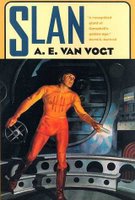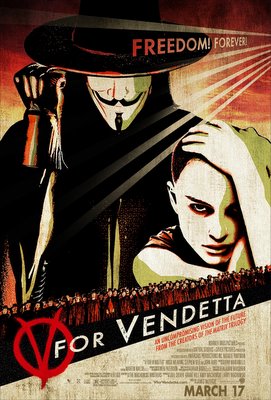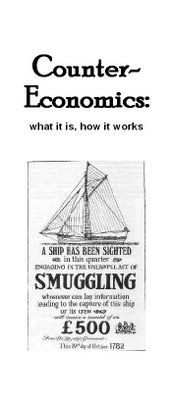Claire Wolfe announced the 2005 Hardyville Freedom Film Festival winners in her very funny column this morning. Check out the results here. I joined Claire and Oliver Del Signore on this year’s panel of judges, and I thought readers of this blog might be interested in how I voted. My choices were determined by (1) quality of the movie; (2) best depiction of a freedom or anti-power message. Here are the categories and nominees, my choice in each category highlighted.
CONTEMPORARY DRAMA
Billy Elliot
Jerry Maguire
JFK
Traffic
Tucker: The Man and His Dream
For me, this choice was a no-brainer. Oliver Stone’s JFK stands as the most compelling movie ever made about political power run amok, followed closely by Stone’s Nixon, which wasn’t nominated.
CONTEMPORARY COMEDIES
Office Space
Saving Grace
Team America
The Castle
Wag the Dog
In any other year, I might have given the nod to the brilliant Wag the Dog. But c’mon! Team America is hands-down the funniest annihilation of power and politics ever filmed. And it’s done with puppets, fer crissakes!
SCIENCE FICTION
A Clockwork Orange
Equilibrium
Minority Report
Serenity
Star Wars: Episode IV
I love Equilibrium. A Clockwork Orange remains a sentimental favorite of mine. And the original Star Wars movie...ya gotta adore it! But Serenity crushed the competition when I saw it on opening day this year. You can’t stop the signal, gang.
ACTION-ADVENTURE
Conspiracy Theory
Red Dawn
The Outlaw Josey Wales
The Patriot
Three Kings
The Outlaw Josey Wales is just, well, the best of a good lot.
ANIMATED FEATURES/FAMILY FILMS
A Bug’s Life
A Little Princess
Lemony Snicket’s A Series of Unfortunate Events
The Incredibles
The Iron Giant
Gotta love superheroes, especially Randian ones.
CLASSICS
Duck Soup
Shenandoah
The Manchurian Candidate
The Mark of Zorro
The Mouse that Roared
I love every film nominated in this category. Tough choice. But the Marx Brothers won my vote.
FOREIGN LANGUAGE
Burnt by the Sun
East-West
Life is Beautiful
To Live
Z
Another difficult choice. The utter joy of Life is Beautiful, though, could not be dismissed.
























